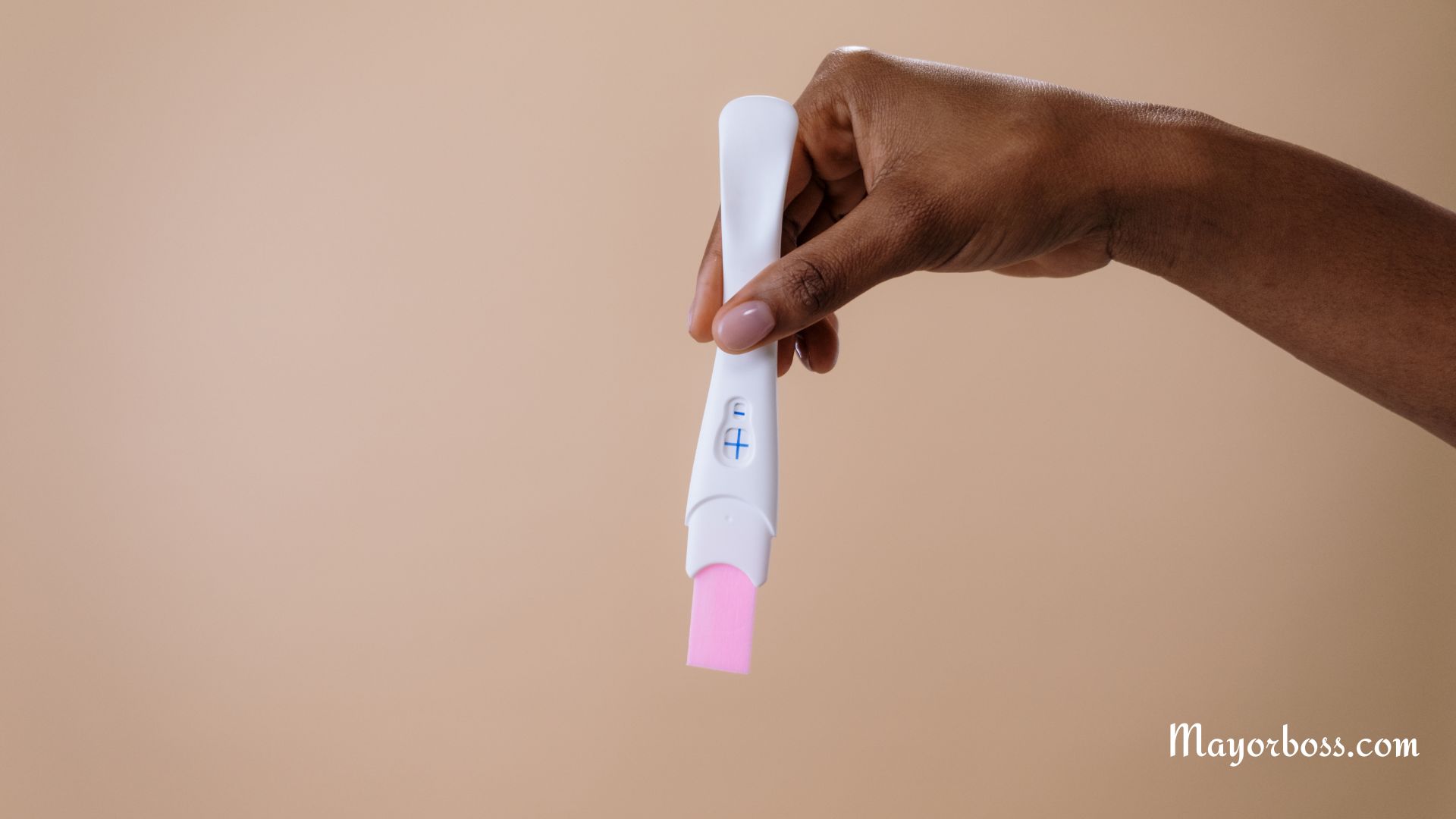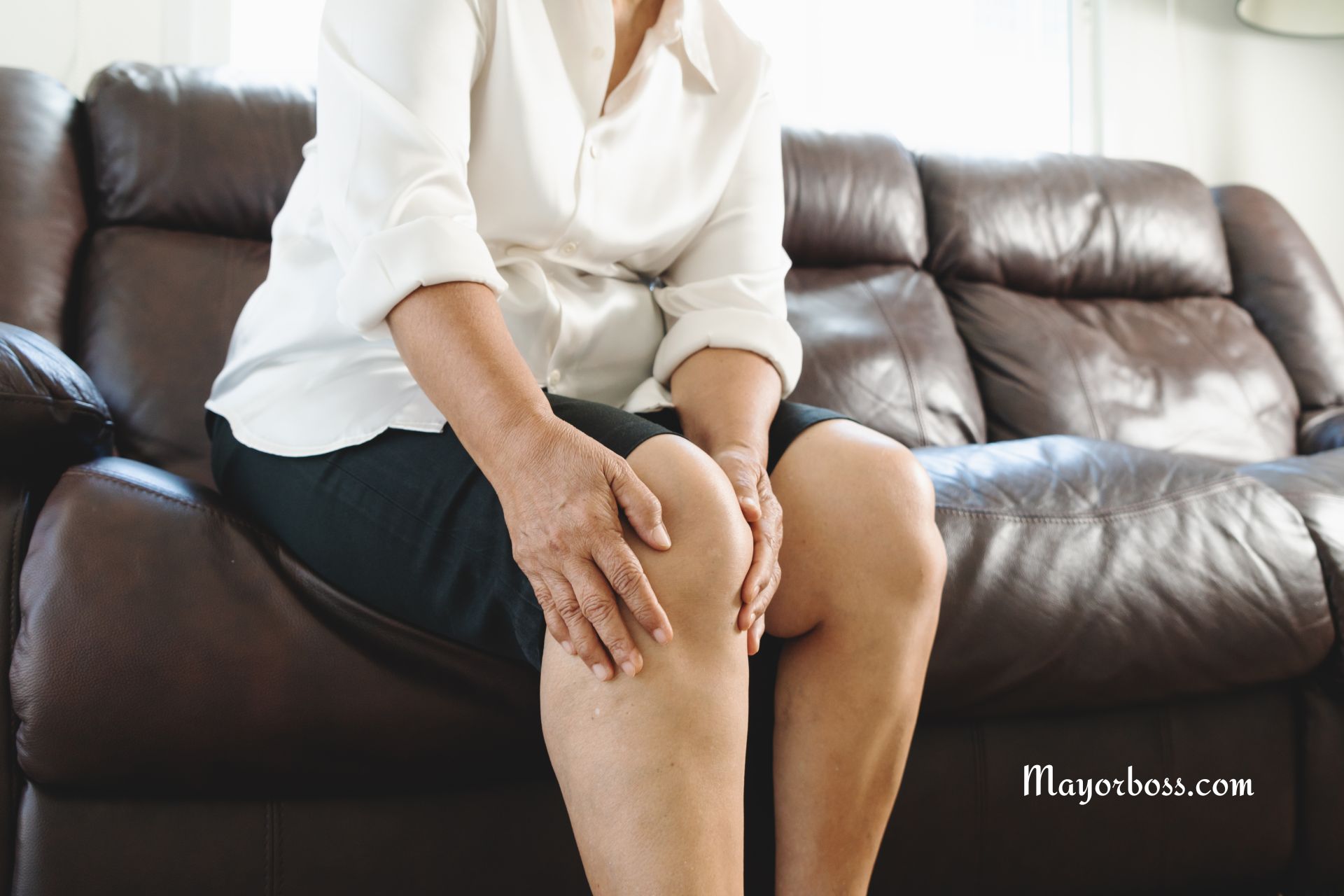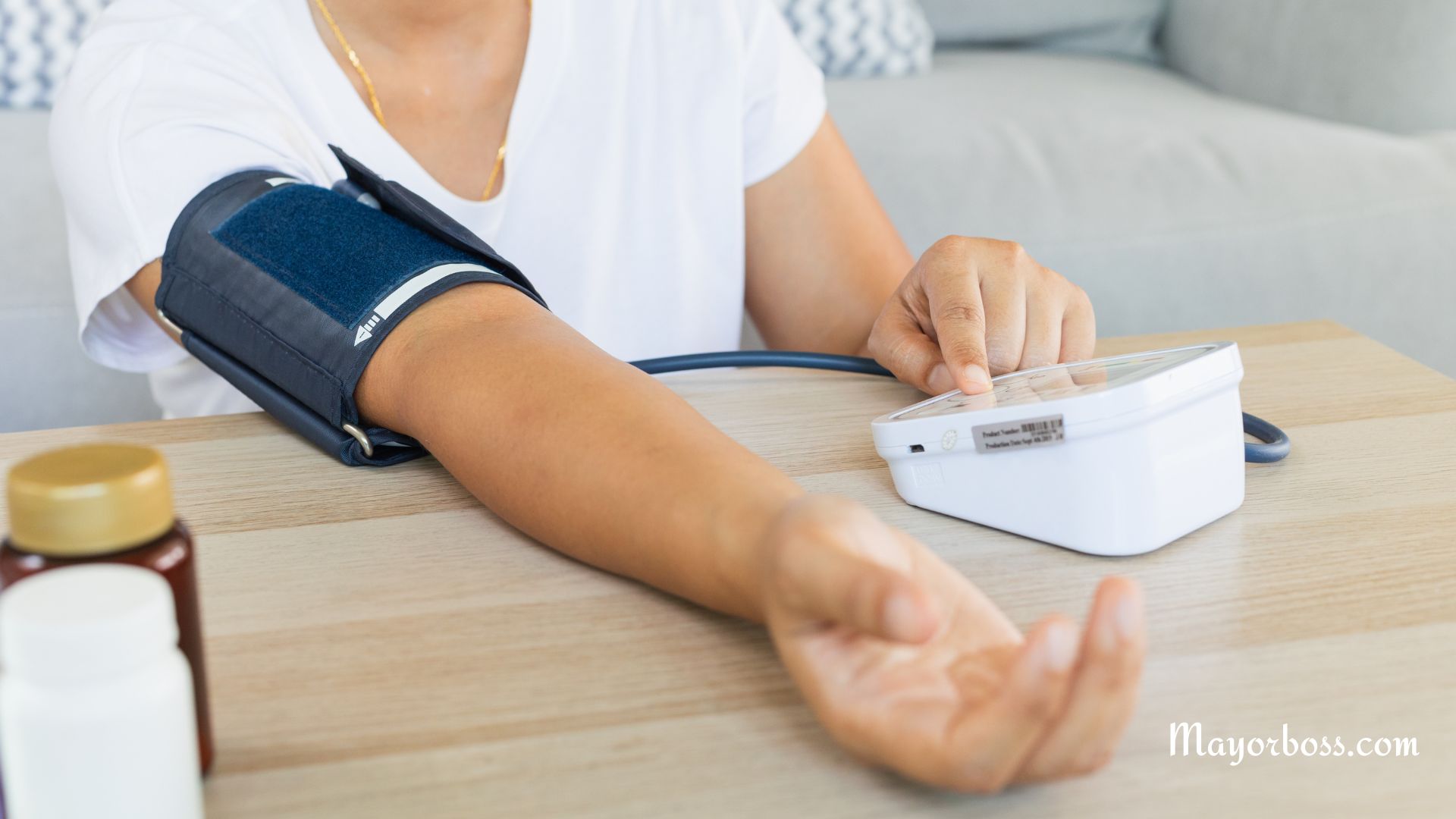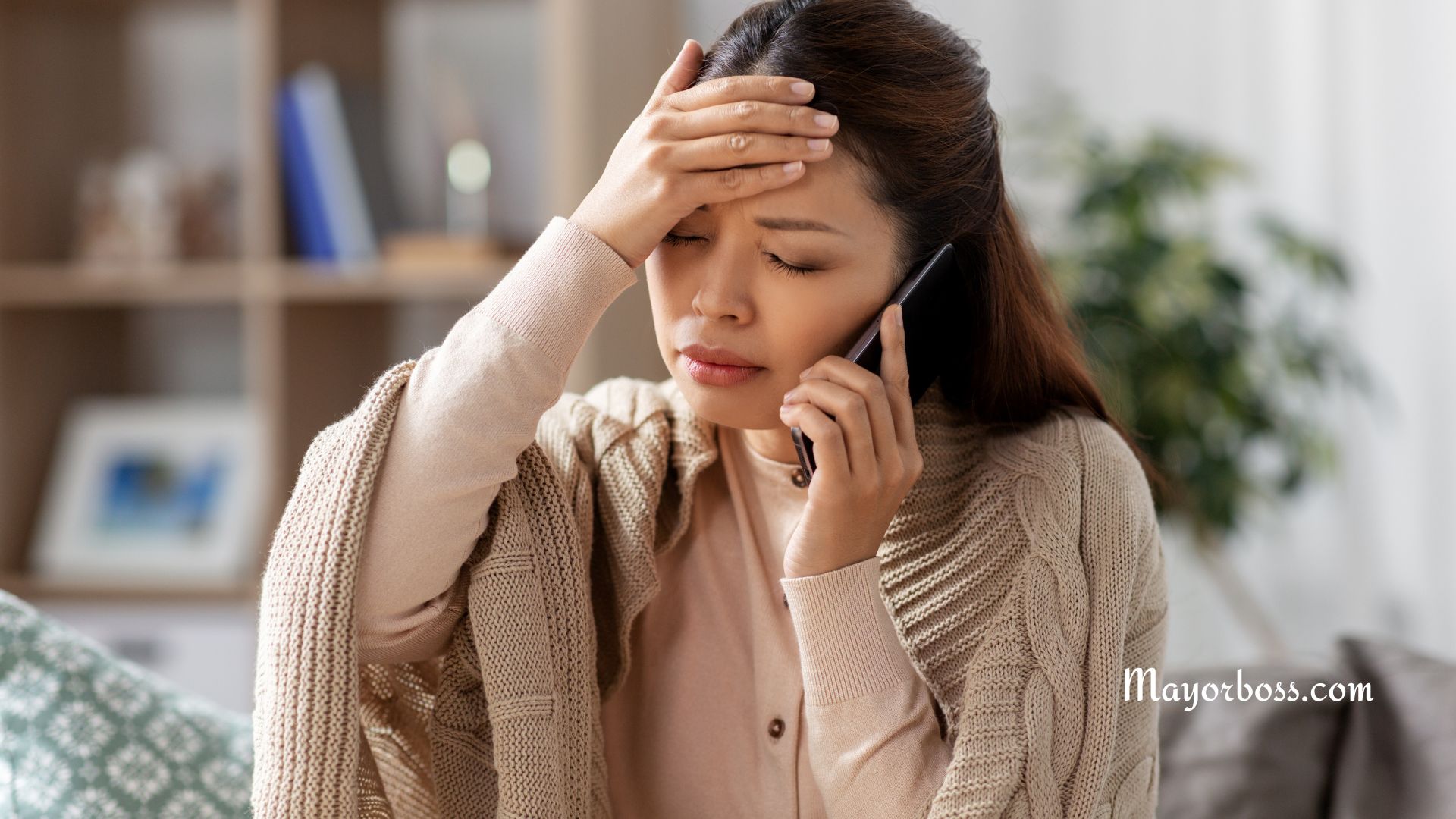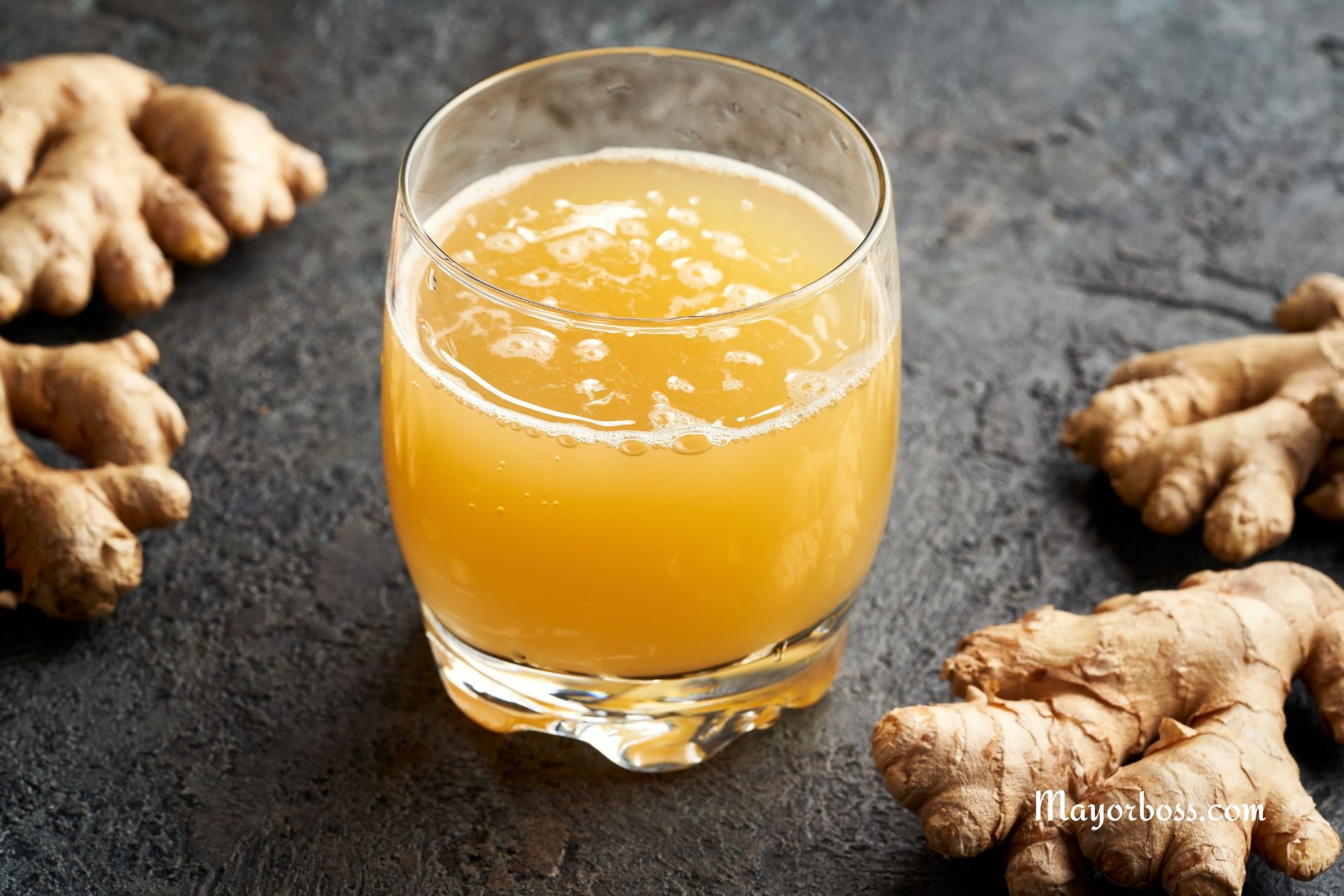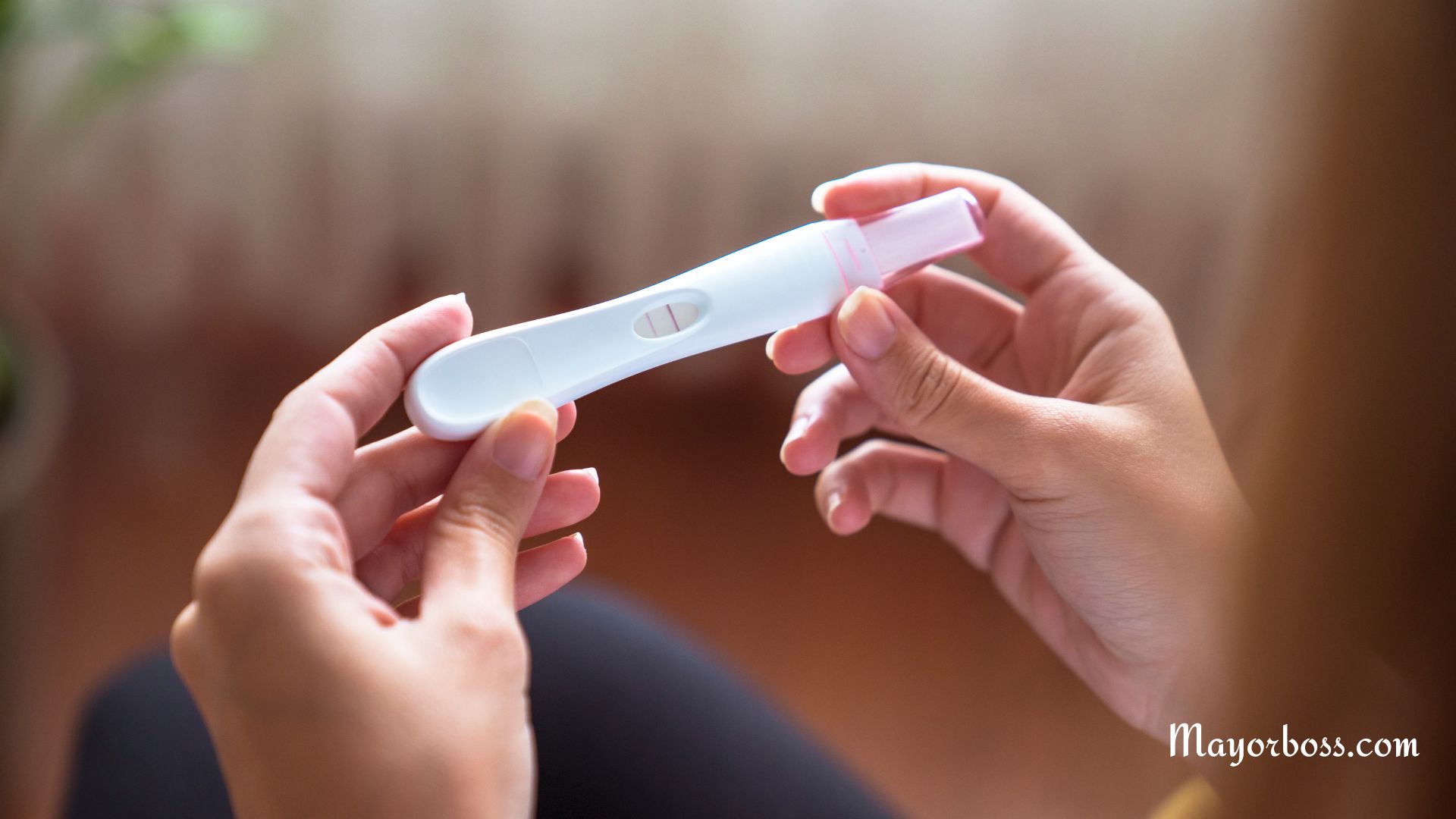9 Reasons Why You Have No Energy
Low energy can make daily activities hard. Knowing what causes tiredness can help you feel better. In this article, we discuss nine common reasons for low energy. Each section explains a possible cause and gives ideas to help you boost your energy.
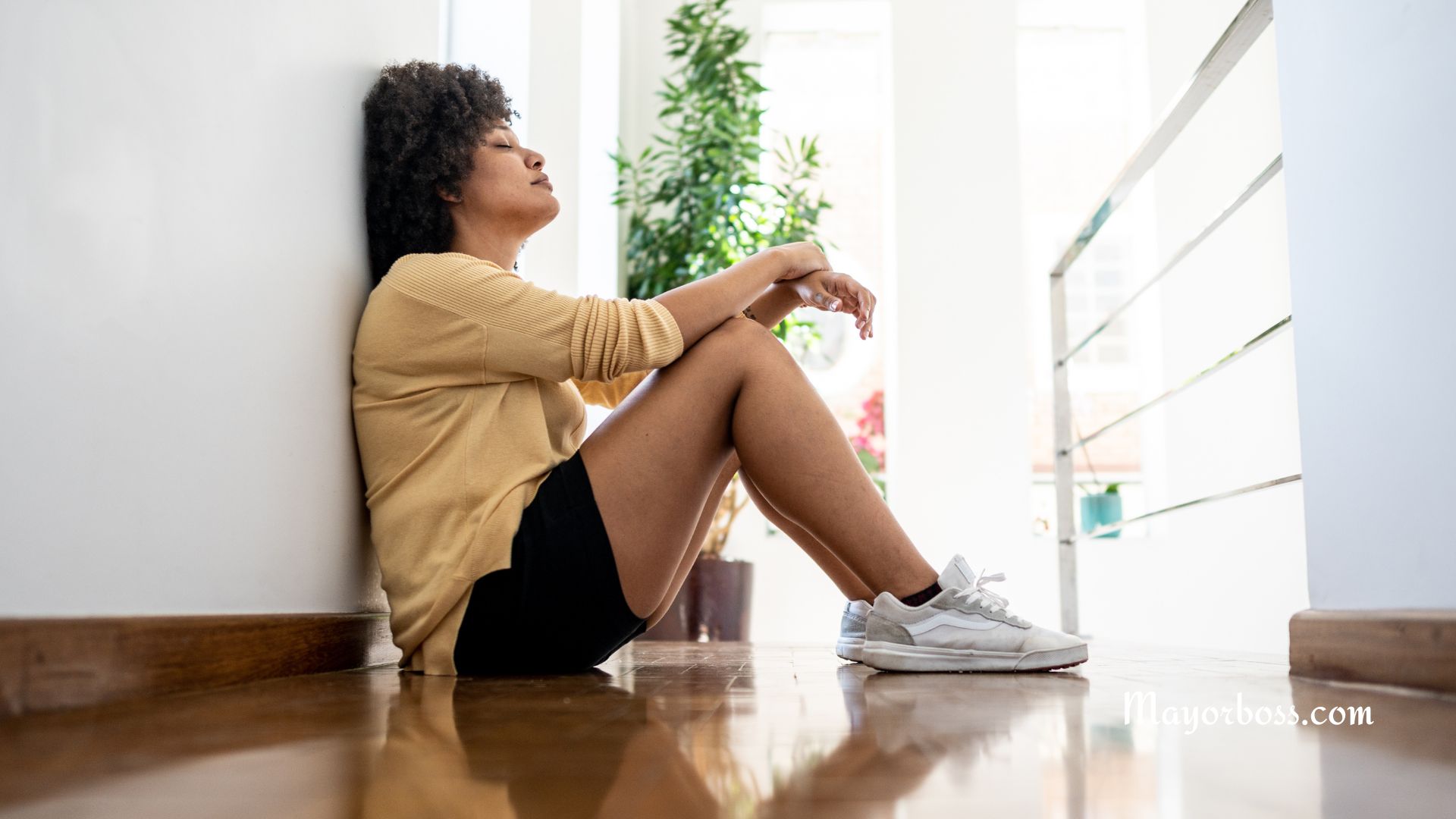
1. Lack of Sleep
Sleep is important for your body to rest and repair. According to the National Sleep Foundation, adults typically need between 7-9 hours of sleep per night. Not getting enough sleep can make you feel tired all day. Try to go to bed and wake up at the same time every day. A dark, quiet room may also help you sleep better.
2. Poor Nutrition
What you eat affects your energy. A diet without enough nutrients can lead to tiredness. A balanced diet should have vegetables, fruits, lean proteins, and whole grains. Foods with vitamins and minerals help your body make energy. According to a Harvard Health Publishing report, deficiencies in iron, vitamin D, and vitamin B12 are particularly associated with fatigue. Cutting back on too much sugar and processed foods can keep your energy steady. You can read about these: foods that give you energy all day long.
3. Dehydration
Water is needed for almost every job your body does. Not drinking enough water can make you feel tired and give you headaches. Many experts suggest drinking about 8 glasses of water a day. Your needs might change if you are very active or if it is hot outside. Keep a water bottle with you to help you remember to drink water.
4. Sedentary Lifestyle
Not moving enough can make you feel low on energy. Exercise helps your blood carry oxygen and nutrients to your body. Even a short walk each day can help boost your energy. Try to add more movement to your day. Regular exercise can help you feel less tired over time.
5. Chronic Stress
Stress can use up your energy. When you are stressed, your body makes hormones like cortisol. High levels of cortisol over time can make you feel very tired. Simple ways to reduce stress include deep breathing, meditation, or talking with someone you trust. If stress feels too heavy, you may want to ask for help from a professional.
6. Underlying Medical Conditions
Some health problems can make you feel tired. Conditions like anemia, thyroid problems, or diabetes can lower your energy. For example, anemia means your blood does not carry enough oxygen. Thyroid problems can slow down your body’s energy use. If you think you have a health issue, see a doctor for a proper check-up.
7. Depression and Anxiety
Mental health issues, such as depression and anxiety, can lower your energy. Depression can make everyday tasks seem hard. Anxiety can make your body feel tense and tired. Both can also disturb your sleep. Counseling or medicine may help if these issues are affecting your life. Improving mental health can lead to more energy.
8. Medication Side Effects
Some medicines can make you feel tired. If you start a new medicine and feel extra tired, the medicine might be the cause. Common examples are some blood pressure drugs, allergy medicines, and pain relievers. Talk with your doctor if you think your medicine is causing low energy. They might change the dose or suggest a different medicine.
9. Overexertion
Working too hard without enough rest can lead to tiredness. Overexertion can happen from long work hours, too much exercise, or having many tasks at once. If you do not give your body time to rest, you may feel low on energy. It is important to take breaks and set limits. Rest and recovery are needed to keep your energy up.
How to Boost Your Energy
Low energy can come from many sources. Start by checking your sleep, eating well, and getting some exercise. Think about whether stress might be playing a part. Small changes in daily routines can lead to significant improvements in your energy levels. If you continue to feel tired, talk with a doctor to find the cause.

